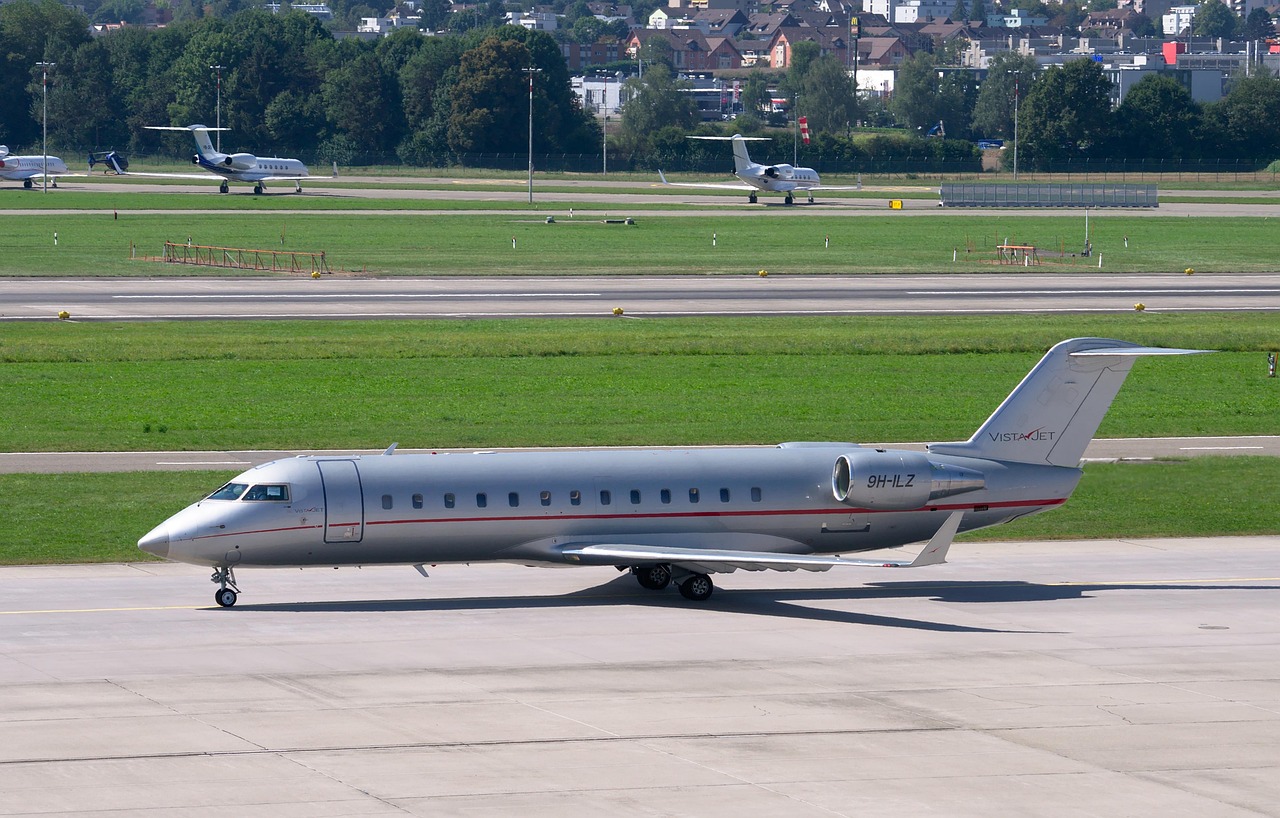
Private Jet Buyers Hit Headwinds as Tariff Uncertainty Clouds Market Outlook
WASHINGTON/NEW YORK, July 21, 2025 – Prospective private jet purchasers are increasingly postponing or rethinking their acquisitions amid mounting uncertainty over U.S. tariffs on aircraft and related components. Industry insiders report that deals are being delayed—even when price increases haven’t yet materialized—because buyers fear sudden policy shifts could upend long‐term contracts. reuters.com)
“The fluidity of the situation is more disruptive than the tariffs themselves,” notes aviation attorney Paul P. Jebely, who has closed nearly $24 billion in transactions. He adds that while few have pulled out of deals entirely, “very few would want to commit capital and bind themselves to a new aircraft purchase when the rules could change mid‐build.” This hesitancy has translated into a tangible pause in contract closings over recent weeks. (reuters.com)
A survey by Barclays underscores the chill: customer interest in buying business jets plunged by 49 percent between mid‐March and mid‐April, driving the Barclays Business Jet Indicator to its lowest reading since the pandemic. Among broker‐dealers and financiers polled, 93 percent expected tariffs to have a negative impact on new aircraft demand, with two‐thirds predicting a similar drag on the pre‐owned market. (cnbc.com)
Manufacturers have felt the ripple effects. U.S. steel and aluminum levies—and potential retaliatory duties from Canada and the European Union—have prompted some buyers to rush deliveries or insert tariff‐protection clauses into purchase agreements. Bombardier, for one, has scrapped its full‐year financial guidance, even as its CEO maintains the company may secure exemptions given its significant U.S. manufacturing footprint. (reuters.com, wsj.com)
Beyond pricing, the looming tariffs threaten to fragment long‑standing global supply chains. Kevin Michaels of AeroDynamic Advisory warns that mandatory regionalization of parts distribution could inflate maintenance and overhaul costs, while aircraft lessors report that some bidders “dropped out of recent transactions as they waited for more clarity around tariffs.” (jetnet.com)
Looking ahead, industry groups are urging coordinated government‑industry responses to ease the transition. Pending legislation in Congress may extend certain trade‑related exemptions, offering a potential reprieve for manufacturers and buyers alike. However, until definitive policy details emerge, the private jet market is likely to remain in a holding pattern—grounded more by regulatory ambiguity than by underlying demand fundamentals. (cnbc.com, jetnet.com)
